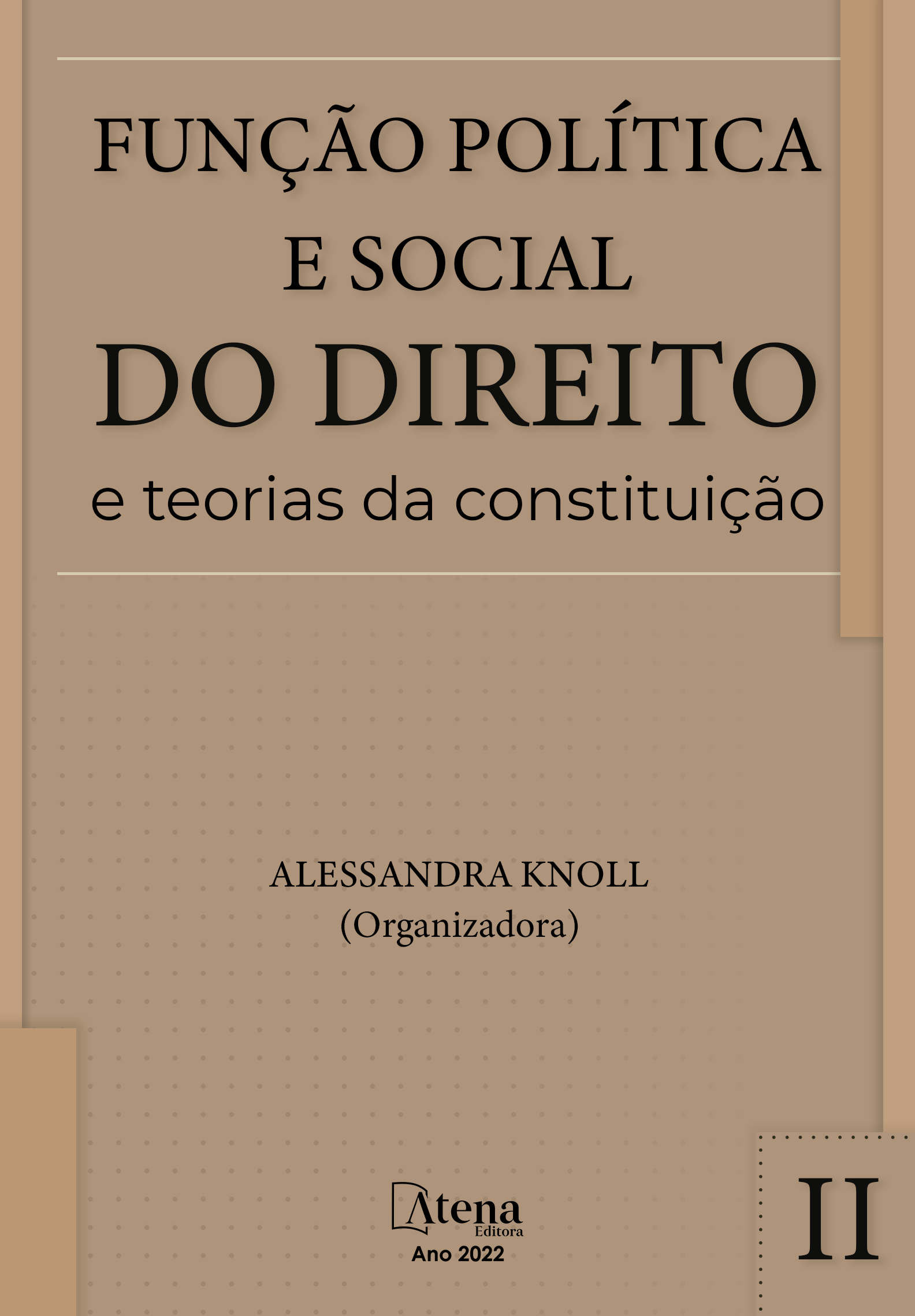
CORRUPÇÃO SISTÊMICA E A DICOTOMIA EXISTENTE NA MODERNIDADE PERIFÉRICA
O estudo verifica em que medida a corrupção sistêmica e a dicotomia existente entre os sistemas direito e política na modernidade periférica fazem parte da realidade brasileira, apresentando seus limites à autorreferência. No terceiro capítulo faz-se uma abordagem com relação à corrupção sistêmica na modernidade periférica, fazendo alusão a necessidade da existência de um código binário (lícito/ilícito). No quarto capítulo do trabalho apresentam-se os obstáculos para a realização do Estado Democrático de Direito, destacando-se que o modelo sistêmico se apresenta como autonomia operacional do direito. No quinto e último capítulo, aborda-se acerca das vicissitudes da realidade brasileira, trazendo o entendimento de que o atual contexto do país ainda, mesmo setorizado se amolda a modernidade periférica. Utilizou-se o método teórico-bibliográfico, onde a abordagem realizada foi feita através do método dedutivo e dialético.
CORRUPÇÃO SISTÊMICA E A DICOTOMIA EXISTENTE NA MODERNIDADE PERIFÉRICA
-
DOI: 10.22533/at.ed.79022260113
-
Palavras-chave: Sistemas, corrupção, direito, política, autorreferência
-
Keywords: SYSTEMIC CORRUPTION AND THE EXISTING DICHOTOMY IN PERIPHERAL MODERNITY
-
Abstract:
The study verifies the extent to which systemic corruption and the existing dichotomy between the legal and political systems in peripheral modernity are part of the Brazilian reality, presenting its limits to self-reference. In the third chapter, an approach is made in relation to systemic corruption in peripheral modernity, alluding to the need for the existence of a binary code (lawful/illicit). The fourth chapter of the work presents the obstacles to the realization of the Democratic Rule of Law, emphasizing that the systemic model presents itself as the operational autonomy of the law. In the fifth and last chapter, the vicissitudes of the Brazilian reality are discussed, bringing the understanding that the current context of the country is still shaped by peripheral modernity, even though it is sectorized. The theoretical-bibliographic method was used, where the approach was made through the deductive and dialectical method.
-
Número de páginas: 25
- FRANCELISE CAMARGO DE LIMA
- LETICIA GABRIELA CAMARGO FRANCO DE LIMA
- LUIZ EDUARDO GUNTHER
- PEDRO FRANCO DE LIMA


